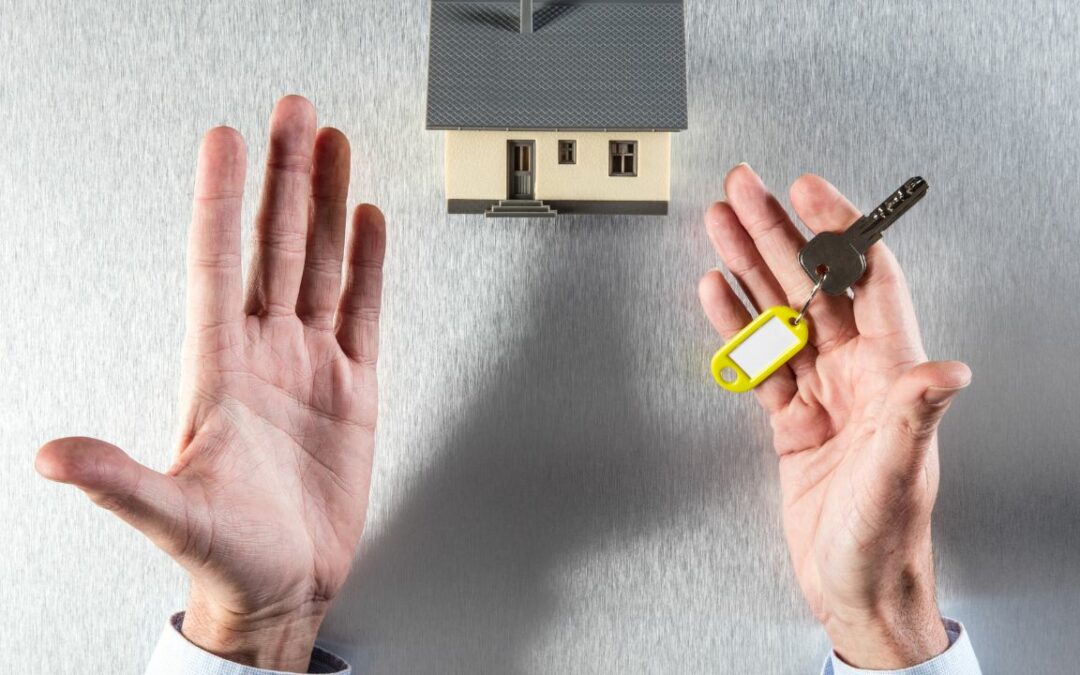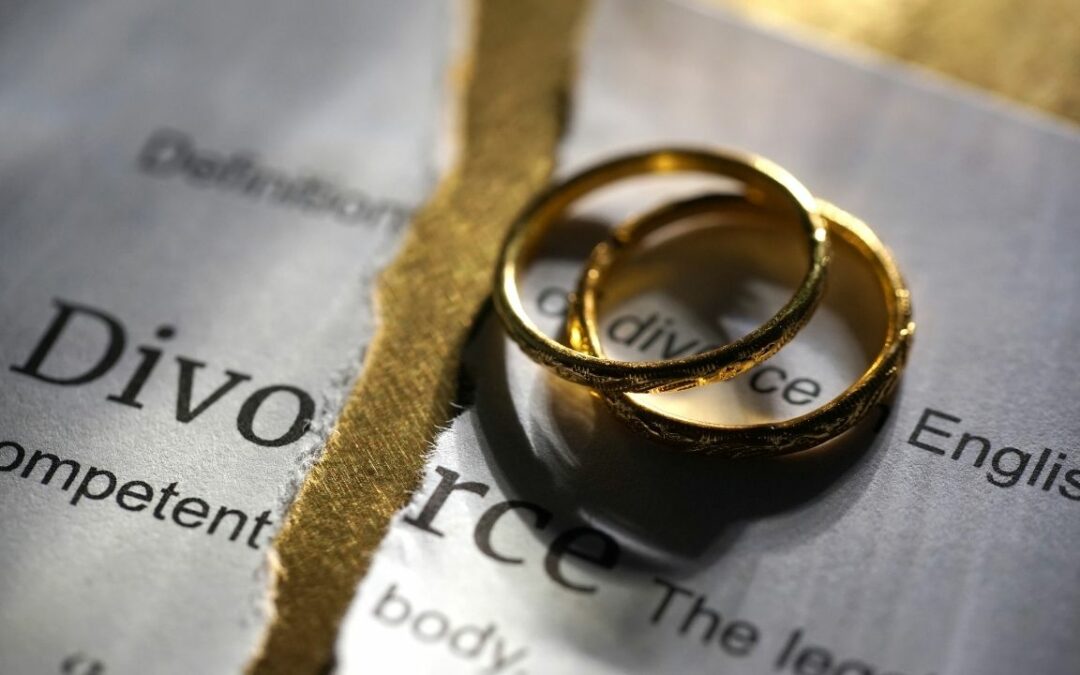Prior to the foreclosure crisis during the Great Recession of 2007-2009, state and Federal laws that governed mortgage servicers and foreclosure procedures across the country were both limited in terms of customer protection and heavily favoring the foreclosing lender.
More than a decade later, however, both Federal and state governments have realized how dangerous that kind of system is, leading to sweeping reforms that have led to more heavily regulated foreclosure processes and loan servicing in general, with broad protection being offered to borrowers rather than lenders.
That being said, a foreclosure can –and does –happen to people, and it does affect both their property’s value and their future credit score. In Florida, borrowers are usually afforded the following protections:
- Receiving a pre-foreclosure breach letter
- Receive offers from cash homebuyers in Naples, Florida
- Receiving Loss Mitigation Options
- Receive an option to get current on the loan
- Have the option to pay off the loan to prevent the sale
- Receive excess money after a foreclosure sale
- Receive special protections if the borrower is part of the Armed forces
But thanks to new laws, however, many people can either slow down the foreclosure process long enough for them to recover funds by exploring loss mitigation options, or even halt the process completely by filing for bankruptcy. But first…
How Does Foreclosure Affect Your Property?
When a borrow defaults on a loan, the lender automatically assumes a loss, which means they’ll be encouraging the borrower to be willing to sell the foreclosed property at a significant discount just so the borrower can pay back as much of their loan as possible. But it’s not just the foreclosed property that has its values affected: in a 2012 study, data analysts found that foreclosures in Naples, Florida properties will often drop the prices of nearby homes by 1% for every 7% drop in the foreclosed property’s value.
Other than that, a borrower’s credit score is the most affected by a foreclosure. Should a foreclosure complete with a home sale, the borrower’s credit score can drop by a staggering 160 points or more, depending on your current credit score. In fact, the higher your credit score, the heavier the impact of a foreclosure. It’s so significant that FICO estimates say that a homeowner whose credit score was pulled down by a foreclosure will typically need around 3 to 7 years of on-time payments to fully recover.
To prevent or mitigate this, however, homeowners do have a number of options.
Sell To A Professional Home Buyer Before Foreclosure
By selling your foreclosed home to a professional home buyer, borrowers can typically earn enough money to cover a large part of their debt while retaining some of the excess to help them rebuild.
Local professional cash homebuyers in Naples, Florida, will often have the necessary know-how and market awareness to be able to provide foreclosed property owners with an appraisal that’s as close to fair market price as possible, making them the best option should you decide to sell to a professional homebuyer.
Reinstate Your Home Loan
Although it isn’t required by Florida law, many mortgage providers and financial lenders in the state provide borrowers with the option to reinstate their home loan by curing the default and accelerating payments.
This is most likely going to be one of the first loss mitigation options offered to you by your lender. Remember: your lender doesn’t want you to default either, mostly because they make more money out of monthly mortgage payments than by selling your foreclosed property at a discount. Work with your lender to figure out whether you can reinstate your home loan with a few modifications.
File For Bankruptcy
Filing for bankruptcy is one of the fastest ways to stop a foreclosure sale. As soon as a homeowner files for bankruptcy, an automatic stay goes into effect, prohibiting the lender from foreclosing on your home or from trying to collect on the rest of your loan. It’s a temporary solution, and one that should only be used as a last resort.
A Chapter 7 bankruptcy can delay foreclosures by a few months, while a Chapter 13 bankruptcy might even give you a win-win situation where you pay off most of your loan (with your lender assuming an acceptable amount of loss) while retaining your home. However, this could negatively impact your future credit score, so talk to your attorney about filing for bankruptcy.
Prove the Bank Has “Unclean Hands”
The defense of Unclean Hands is a unique law in Florida that allows courts to deny foreclosure sales if a homeowner can prove that the bank has ‘unclean hands’. In an Unclean Hands defense, a homeowner must prove that their bank or lender had been overly aggressive or tortuous in the enforcement of their loan. Should homeowners prove that their financial institution has been threatening or has been overly aggressive, then a court can deny a foreclosure attempt completely.
However an unclean hands defense is a very risky move because proving it requires precise and comprehensive legal training and expertise in handling that specific defense. In this scenario, contact a law firm that specializes in foreclosure defense.
Need More Info? We Can Help!
As professional homebuyers, we at Alpha Properties have the necessary know-how and market expertise to provide clients with a fair market value for their properties. If you’re looking to sell your house in foreclosure in Florida, contact us, today, so we can help you figure out your next steps.





